Deracialization Now
A Response to Glenn Loury and Clifton Roscoe
Race
DERACIALIZATION NOW
A Response to Glenn Loury and Clifton Roscoe
Greg Thomas
In small pockets of the intellectual heterodoxy there are rising calls for deracialization—eliminating race and racialization, as far as possible, from our sense of self and our public life. Most certainly a minority position, this radical idea faces an uphill battle, not the least because many academics and public intellectuals take the existence of race as a social and historical fact as a basis for their incredulity about the prospect of ever disentangling ourselves from race.
Linguist and Columbia University professor John McWhorter has said that it is beyond his capacity to wage such a battle. Glenn Loury, Professor of Economics at Brown University and host of The Glenn Show podcast, has recently featured guests who have discussed variations of the deracialization idea with more or less optimism, such as economist Rajiv Sethi of Barnard College and the Santa Fe Institute, and Reihan Salam, president of the Manhattan Institute. After hearing these conversations, Professor Loury’s friend Clifton Roscoe felt compelled to write an essay arguing against deracialization, which Glenn published on his Substack platform in August 2022. It’s titled “Race Is a Reality in America. Here’s How We Deal With It.” He writes:
No offense to those who think we should deracialize America, but that train left the station long ago. We can’t deracialize America any more than we can eradicate Covid. The best we can do is to learn to live with both.
I emphatically disagree. Here’s why.
In his intro to Roscoe’s essay, Loury agrees with those who counter the progressive tendency to overemphasize race, sniffing out racial bias everywhere, when we should be striving, Loury argues, for meritocracy. But giving up race altogether is a bridge too far, he contends, because, as he says, “I draw sustenance from traditions particular to my African American heritage, and I wouldn’t give those traditions up for anything. Given that race will likely remain a social fact for the foreseeable future, what part should it play in our society?”
I’m also nourished by those traditions in Afro-American life and history deriving from a rich cultural heritage—spiritual, linguistic, culinary, dance, and musical traditions, for instance. Nevertheless, I’ve embraced what Dr. Carlos Hoyt, in The Arc of a Bad Idea: Understanding and Transcending Race, calls a “non-racial identity.” Is it possible to separate race and heritage, race and culture? Yes.
Separating Race and Culture
For sure, it’s certainly true that many of the cultural responses that we black Americans, as a self-identifying group of people, created and refined were directly as well as indirectly related to the American racial predicament. However, that history does not mean that we can’t or shouldn’t appreciate and embrace those cultural riches even as we discard the concept of race—and the practice of racialization.
I’m far from the first to make a distinction between race and culture. The late writer and cultural critic Stanley Crouch wrote in 1994:
We can no longer afford to traffic in simple-minded and culturally inaccurate [emphasis added] terms like ‘black’ and ‘white’ if they are meant to tell us anything more than loose descriptions of skin tone. We are the results of every human possibility that has touched us, no matter its point of origin.
Also in 1994, author and cultural philosopher Albert Murray was interviewed by a fellow novelist, Louis Edwards. Murray made a clear differentiation between race and culture as categories for understanding behavior:
...if you go from culture, instead of the impossibility of race... You see, race is an ideological concept. It has to do with manipulating people, and with power, and with controlling people in a certain way. It has no reality, no basis in reality... So what you enter into to make sense of things are patterns and variations in culture. What you find are variations we can call idiomatic—idiomatic variations. People do the same things, have the same basic human impulses, but they come out differently.
Ralph Ellison, author of the classic novel Invisible Man, published 70 years ago, was interviewed by three Afro-American writers, Ishmael Reed, Steve Cannon, and Quincy Troupe, in 1977. He said:
...the pervasive operation of the principle of race (or racism) in American society leads many non-blacks to confuse culture with race [emphasis added] and thresholds with steeples, and prevents them from recognizing to what extent the American culture is Afro-American. This can be denied, but it can’t be undone since the culture has had our input since before nationhood. It’s up to us to contribute to the broader recognition of this pluralistic fact. While others worry about racial superiority, let us be concerned with the quality of culture.
Of course, confusing race and culture occurs among nominally black folk also.
I spent a considerable portion of the course I taught in 2020, “Cultural Intelligence: Transcending Race, Embracing Cosmos,” bracketing and distinguishing between race and culture based on insights such as those above. From my perspective, race is a categorization and hierarchical sorting of human beings into subspecies based on skin color and phenotypic differences. The express purpose of such selecting and sorting—and, as we shall soon see, of attribution, essentializing, and acting in a racist manner—was to enable the oppression and exploitation of darker-skinned people by situating them within a caste-like structure whereby those classified as white had more ready access to the social, economic, and political benefits and opportunities of a modern system of free enterprise.
Culture, in contrast, is human meaning and values expressed in forms of creative production (art and technology), rituals, patterns of behavior, and ways of seeing and being in the world—lifestyles. One can also view culture as shared agreements, practices, and symbolic communication among groups of people. Another approach to culture is more developmental, as in the use of education to cultivate and improve the human capacity to elevate and refine, thereby producing more “cultured” individuals.
In How Culture Works, anthropologist Paul Bohannan used a simile to describe how culture helps humans expand beyond our biological inheritance:
Culture is like a prosthesis—it allows the creature to extend its capacities and to do things that its specialized body cannot otherwise do.
By definition and intent, race separates and divides. Conflating race and culture twists and tightens this division. Separating or bracketing culture from race tends toward appreciating human commonalities and differences in a more nuanced manner than judging and stereotyping groups of people based on skin color will allow.
Scales of Deracialization: Separating Race from the State
Another reason I disagree with Professor Loury and Mr. Roscoe is because they presume that deracializing the entire society is too large an ask. As Roscoe says, “we can’t deracialize America.” Why not? Here’s his claim:
Perhaps the best argument for why we can’t deracialize America is that activists won’t allow it. They use race as both an offensive weapon (“Everything about America is racist, and so are you if you don’t agree!”) and a defensive weapon (“You’re not black, so shut up and listen to us!”). They even use race as a weapon against black people who disagree with them (“You’re not ‘authentically’ black, so you shut up, too!”).
Seems to me that the self-serving, spiderweb logic of race-based activism that Roscoe objects to would offer even more reason to pursue deracialization. One approach toward this end would be a separation of the state and race, as David E. Bernstein argues in his recently published book, Classified: The Untold Story of Racial Classification in America.
Disaggregating race from the state can begin through the U.S. Census, which currently compels people to racialize themselves by asking: “What is this person’s race?” Carlos Hoyt recommends adding this question: “How is this person racialized?” By making note of how others racialize us, the government could still track bias, discrimination, and differential outcomes based, at least partly, on how one is racialized. Furthermore, those who don’t identify by race at all could check a box. And those who wish to continue racializing themselves can do so, too. The 2030 Decennial Census Form, then, could look like this:
This alternative Census form was created by Carlos Hoyt as part of a petition to abolish compelled self-racialization in the U.S. Census. I invite you to read it and to consider signing it.
Deracializing Oneself and Others
Moreover, deracialization could take place at a smaller scale, too. An individual can choose to stop racializing him- or herself, and to stop racializing others in speech, thought, and behavior. The same is true for smaller groups of persons rather than an entire society of 335 million people.
There are notable individuals who have consciously and deliberately stopped identifying with the concept of race and who abjure the process of racialization. Author Thomas Chatterton Williams believes that it is possible and crucial to “unlearn race.” Jewish American executive coach Amiel Handelsman has embraced the goal of deracialization. Dr. Sheena Mason advocates a pro-human stance that she terms “racelessness.” Likewise, Dr. Hoyt advocates “anti-racialization.” In fact, Mason and Hoyt and I co-facilitated a conference in September 2022, “Resolving the Race-ism Dilemma,” grounded in this very perspective.
Artist and National Book Award-winner Charles Johnson argues that whereas we certainly shouldn’t be blind to the ways we have been racialized historically, neither should we be bound to it either. The Fifth Column podcast co-host Kmele Foster, a staunch libertarian individualist, calls himself a “race abolitionist,” and goes as far as rejecting self-identification as “black,” presumably because of the racial connotations of the word. Writer and former co-host of the FAIR Perspectives podcast, Angel Eduardo, disavows race and racialization. Financial advisor and wealth consultant Adrian Lyles, based in Calhoun, GA, has created a nonprofit, P.U.L.L.—People United in Life & Liberty, where, on their website, they declare:
We seek to educate that how we define race is not only antiquated, it is widely obscure. No one can define what it means to be black or white. We believe there is one race of people called “Human.”
Are all of the people above simply deluded? Are they in denial about the history and even the continued prevalence of racism in the United States? Are they obtuse, blind advocates of color-blindness in some wish for a “kumbaya” future without conflict?
No. Each of these individuals has undergone deep self-reflection and study. Even though differences of emphasis can be found among them, they have concluded that the concept of race is fatally flawed. I emphatically agree. Further, the concept of race is kept alive by its prevalence in mainstream and social media, by the process of racialization, and by a ruinous ideology called a “racial worldview.” The late anthropologist Audrey Smedley, author of Race in North America: The Origin and Evolution of a Worldview, described a racial worldview this way:
By racial worldview, I simply mean believing and acting in accordance with the social convention that people can and should be regarded as members of one or more of a handful of nebulous, restrictive, contradictory, and conflicting subspecies called races.
This graphic illustrates how this noxious feedback loop works:
Yet to deracialize at any level—individual, interpersonal, or institutional—one must know what racialization is. It is not sufficient to assume that because race as a concept exists as a social norm and social fact that one therefore understands racialization.
What Is Racialization? Is it Inevitable?
Racialization is the process or system by which races are made:
Let’s take each step in the racialization process one-by-one and ask ourselves if it would be possible to interrupt it.
1. Would it be possible to stop selecting human characteristics such as skin color, hair texture, the size and shape of one’s nose and lips, and ancestral origins as signs of so-called “meaningful racial” difference? Indeed, modern science has determined that the biological conception of race is false, and that even diseases shared by members of ancestral groups from particular regions—for example, sickle cell anemia, which developed among ancestors who lived in malarial regions across the Mediterranean and Central and West Africa—are not exclusive to a “racial” group. According to the 2003 documentary, Race: The Power of an Illusion, in parts of Greece, 30% of the population carries the sickle cell trait. It is prevalent on the Arabian peninsula and in India, too (see the illustration below). The differences and similarities among human populations cannot be determined by a crude measure like “race.”
2. Would it be possible to stop sorting human populations into uniform sub-populations based on the characteristics listed above, or others? If throughout the span of recorded history, human beings had always sorted based on external physical characteristics and ancestry, then a strong case could be made that this is simply the way humans classify one another. However, although the cognitive practice of categorization is common among humans, the racialization chart above makes clear that the practice was codified in the United States in the 1700s. Racialization is not an eternal aspect of the human condition. If we began at a particular point in history to sort human beings in this way, we can creatively exercise human cultural intelligence and agency to choose to do otherwise.
3. Would it be possible to stop attributing traits (temperaments, talents, behaviors) to racial types? If we understand why and how human beings stereotype others into fixed and oversimplified images, we can grow beyond such a practice. Those drawn to white nationalism, for example, view non-white peoples as a threat based on stereotypes and a psychological need to bolster their self-concept by feeling superior to those perceived “others.” If blues musician and social activist Daryl Davis could, through empathy, deep listening, music, and heartfelt logic, convince a number of KKK members to come out of their robes and disavow racism, then on a larger scale we can grow beyond stereotyping individuals into racial subspecies who supposedly think and behave the same because of select human characteristics such as skin color. Doesn’t the idea that we can tell important things about a person’s values, skills, and experience solely based on their external features strike you as absurd?
4. Would it be possible, in turn, to stop viewing differences based on the illusory idea of race as natural, immutable, and hereditary? If 1-3 are possible, and they are, then not essentializing human beings based on race is not only possible but desirable. In fact, this heightened consciousness beyond essentialism has already been accomplished by millions of people since the advent of the Civil Rights movement of the 1960s.
5. Is it possible not to be racist, not to believe in race, and not to treat people according to a double standard based on their racial classification? Indeed, it’s possible and millions have decided, from the 1960s to today, that being an overt racist is socially unacceptable, and beyond the pale, so to speak, of the Overton window.
Of course, there are still people who hold racist beliefs and enact racist behaviors. Researcher Seth Stephens-Davidowitz, author of the 2014 book Everybody Lies: Big Data, New Data, and What the Internet Can Tell Us About Who We Really Are, uncovered evidence of explicit racial hatred through Google searches. The racial epithet, in either singular or plural form, used in seven million American searches every year is “nigger”—often as searches for “nigger jokes.” (Fortunately, however, as Steven Pinker points out in his 2018 book, Enlightenment Now The Case for Reason, Science, Humanism, and Progress, searches for racist jokes are on the decline, as the figure below shows.) To take another example, racial prejudice appears to have a negative effect on the wages of workers racialized as black. Indeed, “at least one third of the black-white wage gap” may be explained by racial prejudice.
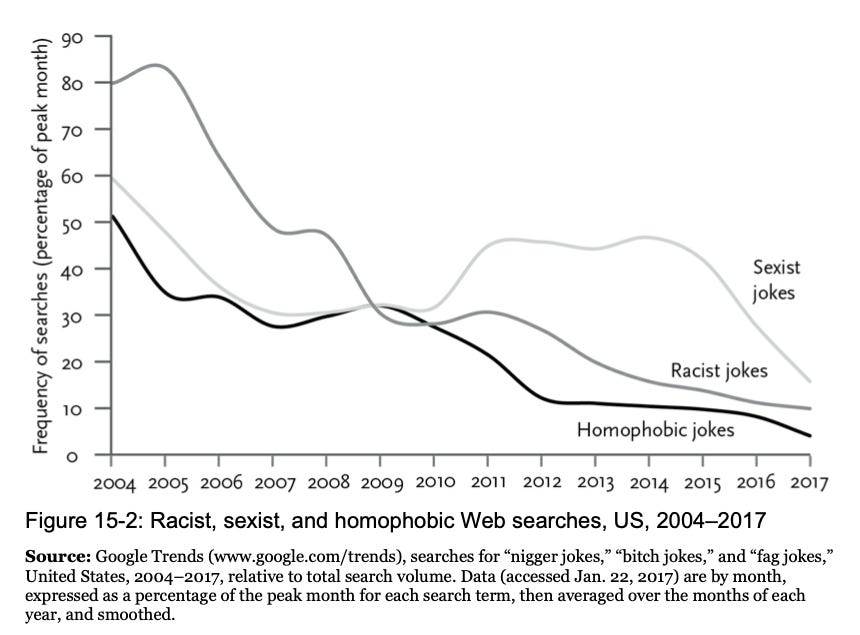
Clearly, there is progress yet to be made. Nevertheless, in our legal system and in our public discourse, a belief in racial reasoning and justifications for it—up to and including Affirmative Action and “anti-racist” calls for “equity”—is being called into question by a rising tide of persons whose values align with classic liberalism.
Conclusion
If we value the dignity of each and every individual, and if we believe that we share equal citizenship status as Americans based on that dignity, classical liberal principles are a good start for the deracialization effort. Let’s share the value of deracialization with individual American citizens and let them decide whether to continue racializing themselves and others or to stop this lethal practice in their own minds and behavior.
Deracialization can be achieved while maintaining allegiance to specific idioms and practices that derive from cultural, ethnic, religious, and ancestral identifications. I know this is true because I myself have enacted this perspective by remaining rooted in an Afro-American cultural milieu via my family, close friends, and associates as well as the blues, jazz, gospel, and other forms and artifacts of expression distinctive to my idiomatic group. Yet I’m also a citizen of the wider world, as cosmopolitan as jazz itself has become. I’m willing to venture that there are many others in the U.S. and elsewhere who would take to heart a stance of “rooted cosmopolitanism” and discard the idea of race, the practice of racialization, and the calamitous racial worldview—if they were given a choice, for instance, on their Census form.
If we stop conflating race and biology, race and culture, race and heritage, race and ethnicity, race and ancestry, even race and economic and social status, we can disentangle ourselves from this Gordian knot of racialization and move closer to the fulfillment of our democratic American creed. I agree with the master novelist and essayist Toni Morrison, whose writings wrestled with ways to acknowledge the impact of race and racialization without being bound to it, whose writings are a testament to the humanity of ancestors too often forced to be fugitives in their own land, whose writings sculpted and shaped a way to recognize a cultural home for the many thousands gone whom others were intent on making existentially homeless through bigotry and the folklore of white supremacy. In a 1994 essay, “A Race in Mind: The Press in Deed,” Morrison wrote these wise words:
...although historical, race bias is not absolute, inevitable, or immutable. It has a beginning, a life, a history in scholarship, and it can have an end.
Deracialization won’t be easy. Neither was sending astronauts in rocket ships to the moon, ending the transatlantic slave trade, ceasing to believe in witches or that the universe revolves around the earth. A long, hard road ahead doesn’t mean that we should give up, lacking the guts and courage to scaffold and put into effect deracialization over time. If we do so, perhaps we can move closer to an Omni-American variation on the nation’s motto, E pluribus unum: Out of many, we embrace a common pluralism of civic excellence and cultural accord.
Greg Thomas is CEO of the Jazz Leadership Project, a firm that uses the principles and practices of jazz music to enhance leadership success and team excellence in organizations such as JPMorgan Chase, Verizon, Center for Policing Equity, TD Bank, and Google. Greg is a professional writer and a Senior Fellow of the Institute for Cultural Evolution. In October 2021, he co-produced the two-day broadcast, "Combating Racism and Antisemitism Together: Shaping an Omni-American Future," which may be viewed here and here. He blogs at Tune In To Leadership. He co-authored Reimaging American Identity with his partner, Jewel Kinch-Thomas, and Amiel Handelsman. He has published previously in the Journal of Free Black Thought here, here, and here. A version of this essay was originally published in The Developmentalist.


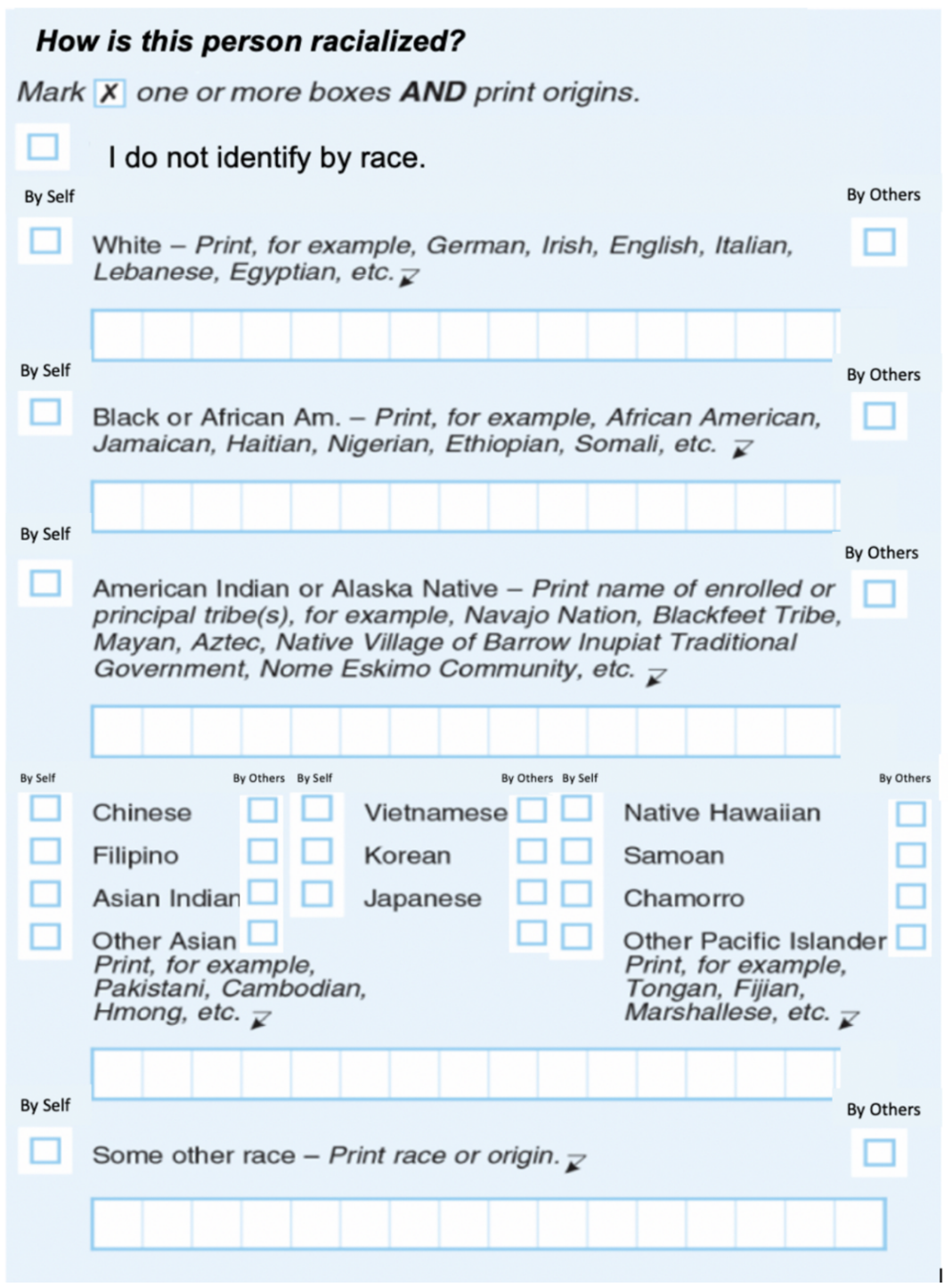
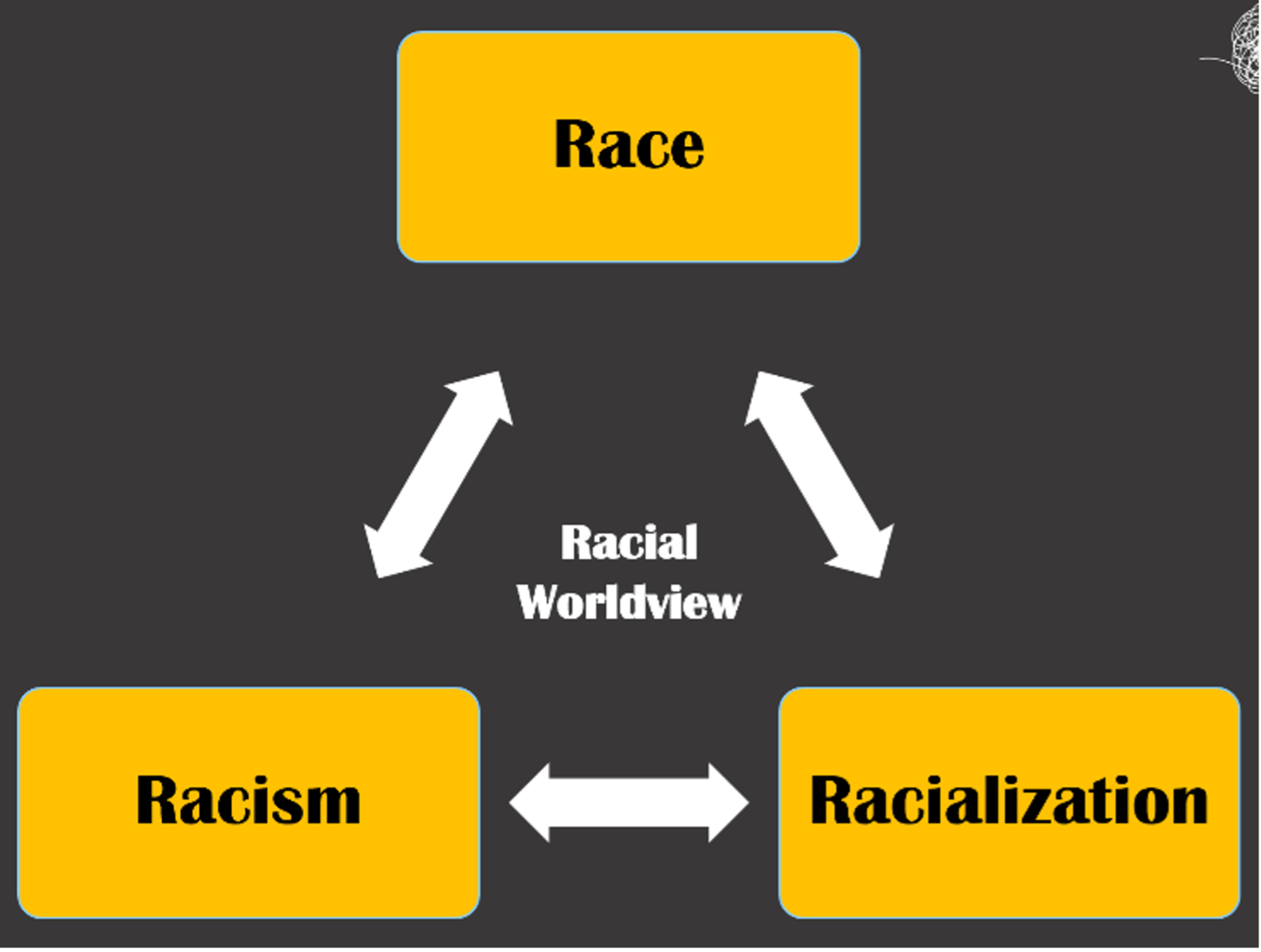
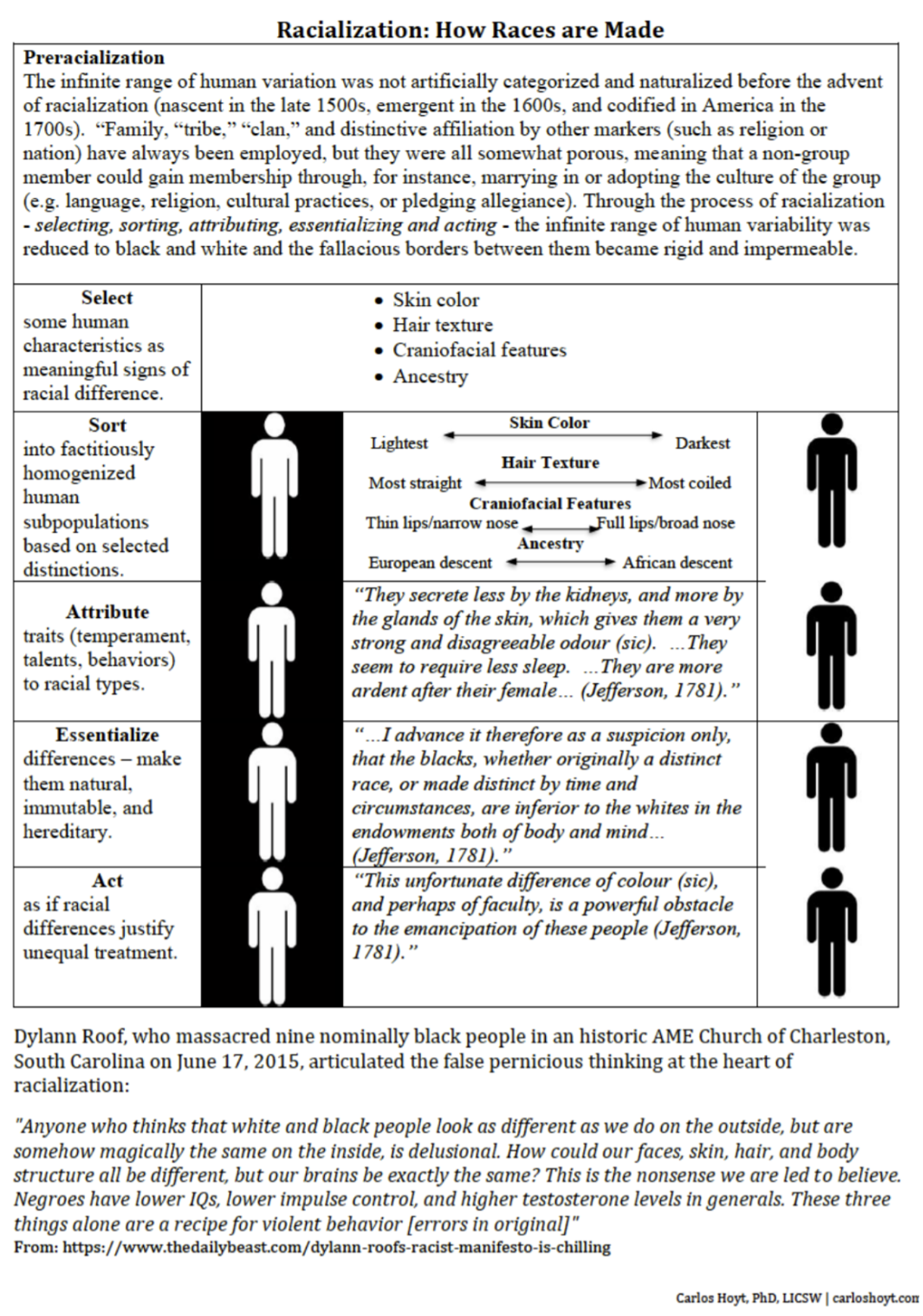

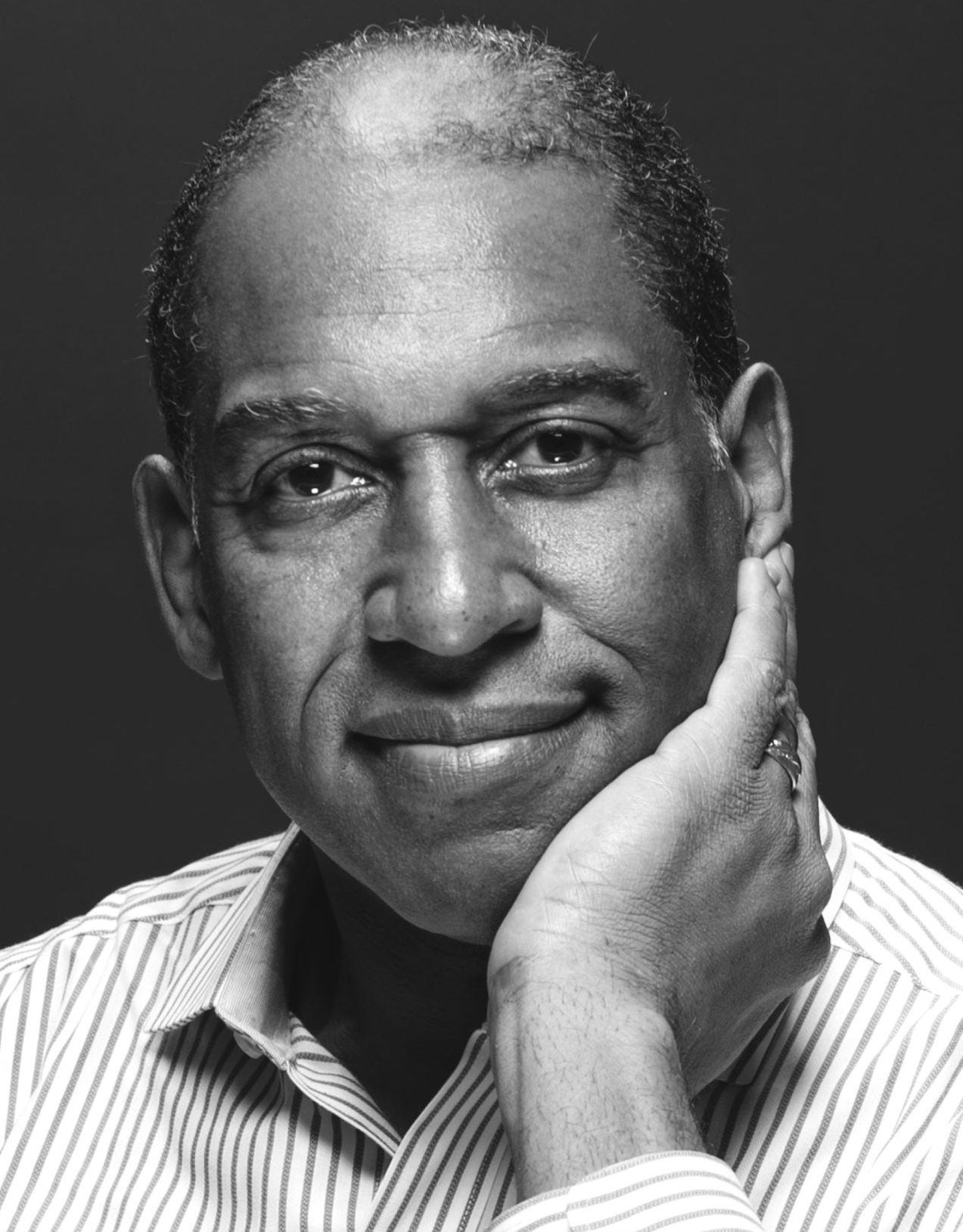
I think it will take a very mighty effort to counter your logic here, sir. I expect that people for their various old dog against new tricks habits will make that attempt, but I will tune out their barking. They can't chew through steel.
I am one of those people who has always had a fairly clear understanding of the difference between race and culture. It owes to the fact that I am old enough to remember that my birth certificate said 'Negroid', a term almost nobody uses any longer. Further, mine was one of the first families to celebrate Kwanzaa in the light of Black Consciousness and Black Arts movements. But even then, my family made the distinctions between the philosophical explorations of Dr. Alfred Ligon and the revolutionary politics of the day.
It may not have occurred to many Americans to disambiguate the distinctions of African Americans, personally, spiritually, politically, economically or otherwise until the 80s. Most of us remember the initial disbelief that The Cosby Show was realistic. Certainly by the late 80s, a good number of academics recognized that 'the black community' was a myth and initiated the term 'African-American'. What a relief for us 'Negroids'. Then next, Afrocentrics stepped onto the stage, as well as retro ideological and cultural movements. Some folks were thinking Pan-African thoughts again. Some folks were thinking hiphop might replace jazz, while others blended the two. Neo soul broke out later.
There are countless ways that Americans have identified themselves with various cultural and political movements, but even those ways were not central to their identities. It is only the ever-present authoritarian impulse that tells us we must settle such social questions once and for all. Some even have the nerve to suggest that a racial model from the 17th century should guide our thinking.
Liberty demands that we free ourselves from such narrow constraints. Even old dogs can get off the chain. Don't try to tell me that racial identity is my destiny. I'm glad you're not buying it either.
I prefer ethnicity to race as an identifying category, as it can include race but also geography, history, culture, language, nationality, etc.
My partner is an Armenian immigrant from Tehran. For centuries, Iran has had an Armenian population that speaks Armenian, and has its own neighorhoods, towns, churches and schools. My partner's native languages are Armenian, which she spoke in her neighborhood and with her family, and Persian. As with many non-Westerners, she does not consider skin color a race. In fact, she insists it isn't. In the United States, Armenians have alternately been labelled as "white," "yellow" and "brown." However, if you ask her what race she is, she'll always respond "I'm Armenian." Perhaps, some Americans will consider her response an evasion of the question, but Armenian is how she identifies and sees herself.
I went to a lecture on Islam by two Somali immigrants. One said that they don't like it when Americans call them black, because "that's not how we view people." In Somalia, everyone is black-skinned, so they don't categorize and differentiate by skin color.
I'm Jewish, and if one asks me what race I am, I respond, "I'm Jewish." Even if with light skin, being Jewish doesn't neartly fit in to the simplistic American color codes.